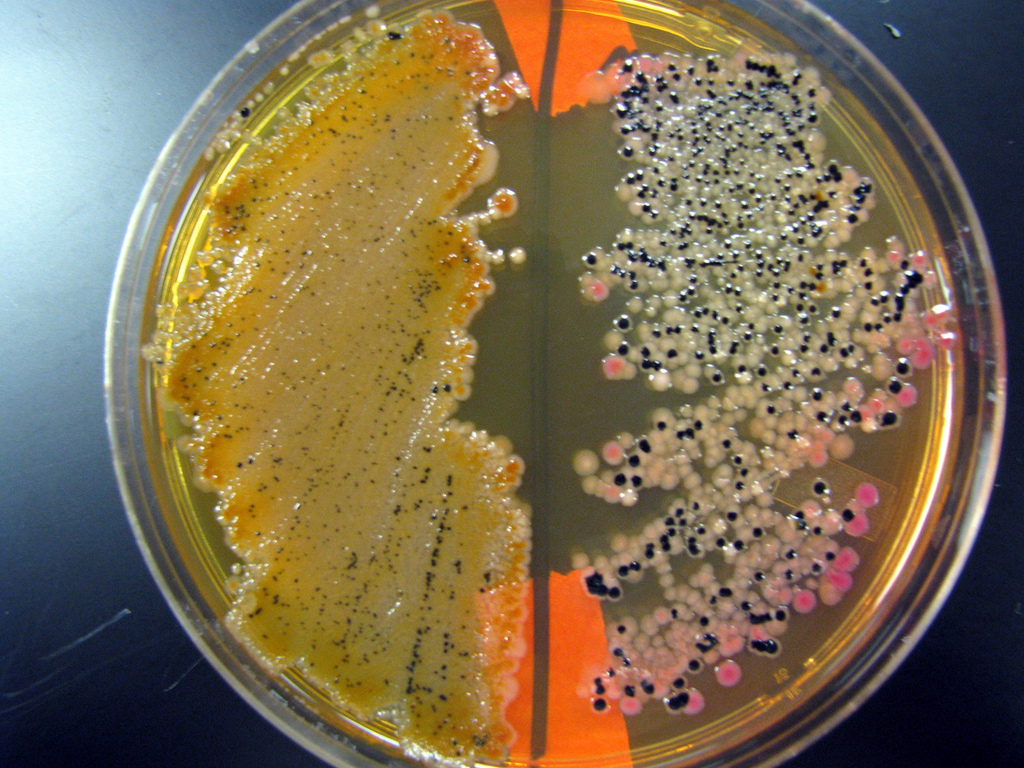FSBI «National Medical
Research Center for Obstetrics, Gynecology
and Perinatology named after Academician V.I.Kulakov»
Ministry of Health of the Russian Federation
Department of Resuscitation and Intensive Therapy of Newborns
Department of Resuscitation and Intensive Therapy of Newborns
Head of the Department: Oleg Ionov, M.D., Associate Professor
E-mail: o_ionov@oparina4.ru
ABOUT THE DEPARTMENT
The Department provides medical care for those newborns who need emergency resuscitation measures, round-the-clock intensive care and treatment. Pregnant women with severe diseases and high perinatal risk are admitted to the Center, and up to 12% of all babies born to these women (~600 newborns per year) receive intensive care in the Department, and half of these newborns are premature babies.
We provide healthcare with no spontaneous breathing, with severe forms of neurological disorders, and with extremely low birth weight. The smallest weight of a baby who underwent successful intensive care was 450 grams.
A pediatric resuscitation specialist is on duty round the clock and attend high-risk childbirth, and, if necessary, provides the whole scope of resuscitation care and coordinates the work of the team of neonatologists.
The staff of the department consists of qualified neonatologists and other specialists. When necessary, together with cardiologists, cardiosurgeons, ophtalmologists, geneticians, neurologists, otolaryngologists, surgeons, functional diagnosticians of the Center and the specialists from other large medical clinics and scientific institutions, they provide consultations for parents in a friendly manner.

EQUIPMENT
The department is equipped with latest high-tech equipment for nursing and treatment of newborns from the first minutes after birth: servo controlled baby incubators, monitoring system for vital signs, respiratory medical devices for artificial lung ventilation, including non-invasive respiratory support function. A modern air purification system, autonomous compressor station providing uninterrupted and safe functioning of respiratory equipment are used in the Department.
All equipment used in the Department is certified for the use only in newborns.
STAFF
The specialists of our Department are the leading specialists in Russia, who have vast experience in providing healthcare in the most complicated neonatological cases.
For nursing premature babies, an environment, which is close to the intrauterine conditions is created and maintained. The level of temperature and humidity of the environment is constantly monitored, and the babies are protected from noise, bright light and other adverse factors.
DIAGNOSTICS AND TREAMENT
Ultrasound, X-ray and other examinations are carried out in the most comfortable conditions in the Department. Express laboratory is open 24 hours a day. It makes possible fast estimation of glucose level, blood gas composition, bilirubin level and some other parameters important for the correction of therapy.
The following diagnostic and treatment methods are used in the Department:
- spontaneous breathing with airway pressure release ventilation;
- surfactant therapy using minimally invasive techniques;
- therapeutic hypothermia in newborns with severe asphyxia;
- 3D-4D ultrasound scanning and imaging, MRI;
- Doppler ultrasound: estimation of hemodynamics, mesenteric, renal and cerebral blood flow;
- amplitude-integrated electroencephalography (aEEG);
- near infrared spectroscopy (NIRS) – non-invasive tool to estimate cerebral oxygen saturation;
FOCUS AREA
Communication between both parents and the newborn independent of the latter’s condition is strongly welcome. The parents are involved in treatment and care of their babies. A special room is available for mothers to express milk for their babies. Breastfeeding is ensured, however, if necessary, the specialists select milk formula individually for each baby.
To maintain physical and psychological relation between the parents and extremely preterm baby nursing sessions are carried out using the kangaroo method. This is a technique, which allows not only to ensure close skin-to-skin contact, but also is part of the so-called "developmental care". The parents are totally informed about the condition of their baby, the tactics of his treatment, and the course abd specific features of the disease.
ACHIEVEMENTS
Mortality rate among newborns in the Department is the lowest in Russia, including those with extremely low birth weight. The protocols have been developed to prevent brain lesions - intraventricular hemorrhages and periventricular leukomalacia. Mortality due to this pathology has been reduced by 7 times and the occurrence of massive intraventricular hemorrhages by almost 3 times over the last 10 years. The use of non-invasive methods of respiratory support since 2007 contributed to 1.5 times decrease of the incidence of moderate and severe bronchopulmonary dysplasia (BPD) in premature babies.
RESEARCH
The scientific work in the Department is focused on:
- improvement of primary and resuscitation care to newborns in the delivery room (prevention of cold stress, assessment of the newborn’s condition and monitoring using Apgar scores system, optimization of respiratory and surfactant therapy regimens);
- introduction of new high-tech methods for the diagnosis and treatment of respiratory disorders (respiratory monitoring, nasal CPAP and non-invasive lung ventilation);
- development of protocols for correction of hemodynamic disorders and drug therapy for patent ductus arteriosus in extremely premature newborns;
- creation of a modern system for early diagnosis, therapy and prevention of infectious diseases in newborns using molecular genetic and proteometric methods;
- assessment of clinical effectiveness of modern methods of diagnostics and prevention of perinatal brain injuries in newborns;
- the study of the adaptive characteristics of the hematological status and cellular immunity in premature babies in the neonatal period;
- humanization of intensive care for newborns, i.e. improvement of the principles of compliance with the protective regime (pain relief, reduction of invasive manipulations, development of methods for early rehabilitation with purpose of improvement of quality of life in patients, who underwent critical condition in early neonatal period);
- continuous training of doctors and nurses in simulation training centre, participation in international congresses and seminars.





